Your intellect may be confused, but your emotions will never lie to you
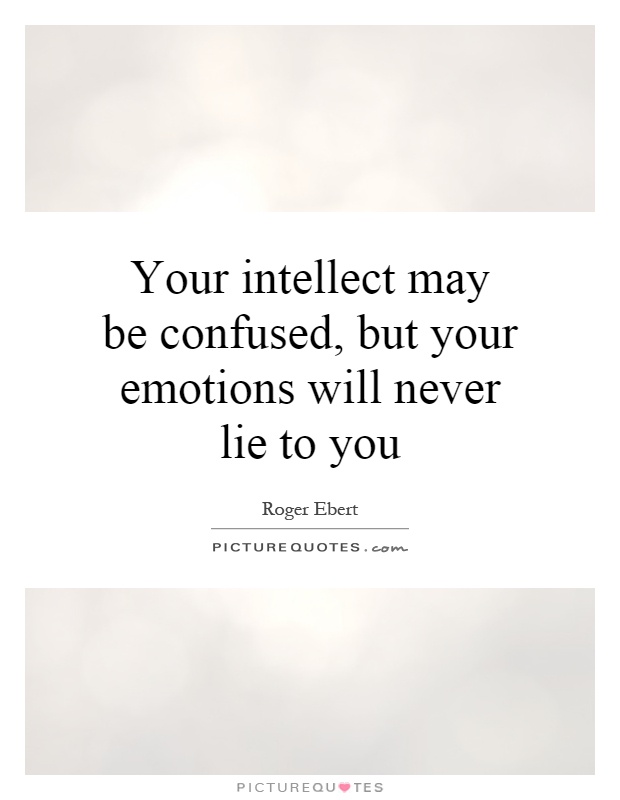
Your intellect may be confused, but your emotions will never lie to you
Roger Ebert, the renowned film critic, was known for his sharp intellect and keen eye for detail when it came to critiquing movies. However, Ebert also understood the importance of emotions in the film-watching experience. He believed that while intellect may be confused or clouded by biases, emotions are a more honest and authentic guide to how a film truly impacts its audience.Ebert often spoke about the power of emotions in his reviews, emphasizing the importance of connecting with a film on a deeper, more personal level. He believed that a film's ability to evoke strong emotions in its viewers was a sign of its success, regardless of its technical merits. Ebert famously said, "Your intellect may be confused, but your emotions will never lie to you." This quote encapsulates his belief that emotions are a more reliable indicator of a film's impact than intellectual analysis.
Ebert's own emotional responses to films were often evident in his reviews. He was not afraid to admit when a film moved him to tears or made him laugh out loud. His reviews were filled with personal anecdotes and reflections on how a film made him feel, allowing readers to connect with his reviews on a more emotional level.
One of Ebert's most famous reviews that exemplifies this belief is his review of the film "Life Itself," a documentary about his own life and career. In the review, Ebert reflects on his own emotions while watching the film, describing how it made him feel nostalgic, grateful, and ultimately at peace with his own mortality. His emotional response to the film shines through in his writing, making the review not just a critique of the film, but a deeply personal reflection on his own life and legacy.
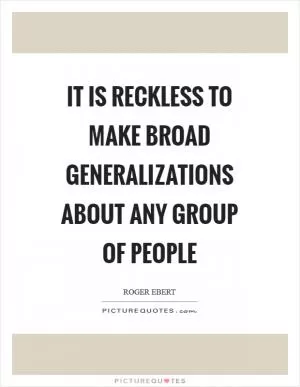
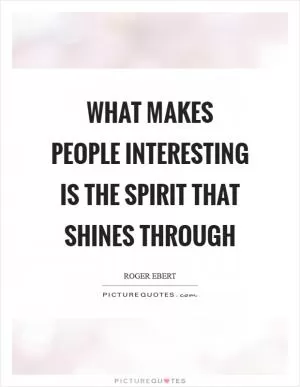

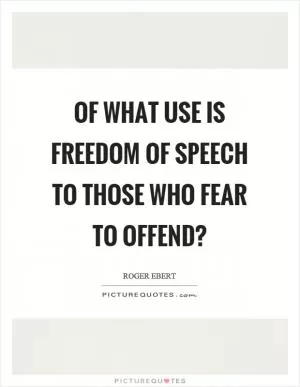

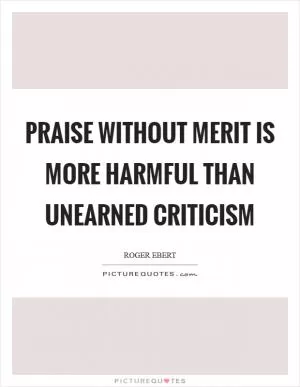
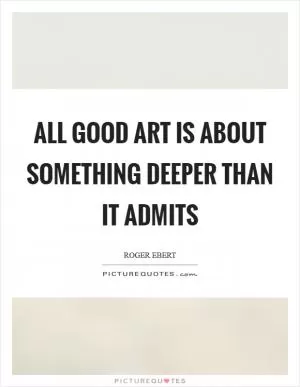

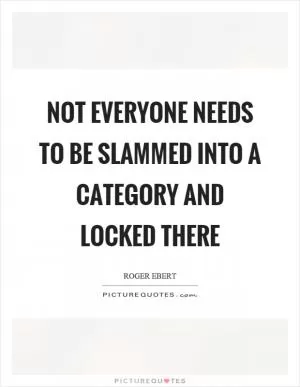
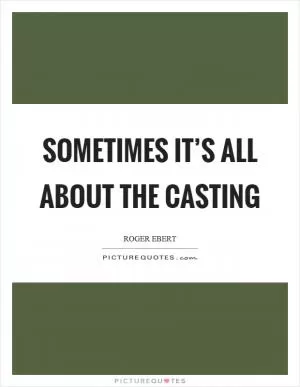

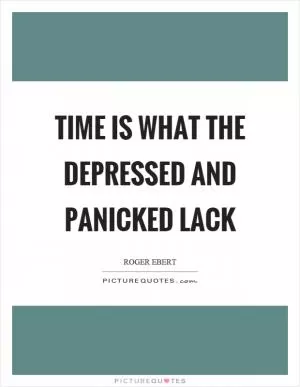
 Friendship Quotes
Friendship Quotes Love Quotes
Love Quotes Life Quotes
Life Quotes Funny Quotes
Funny Quotes Motivational Quotes
Motivational Quotes Inspirational Quotes
Inspirational Quotes